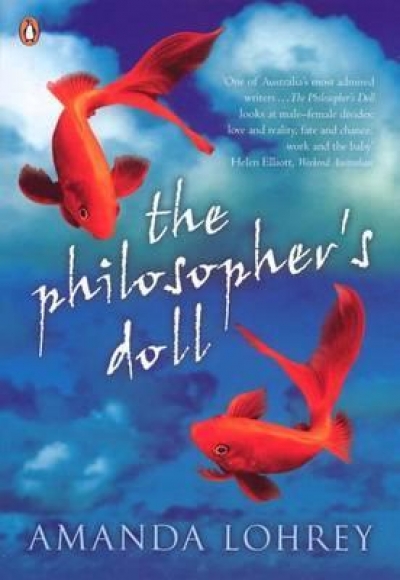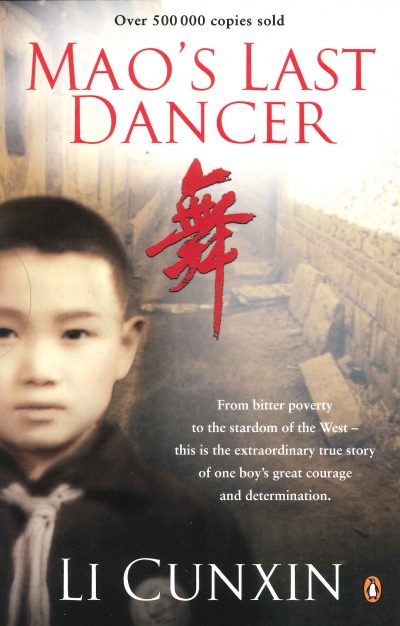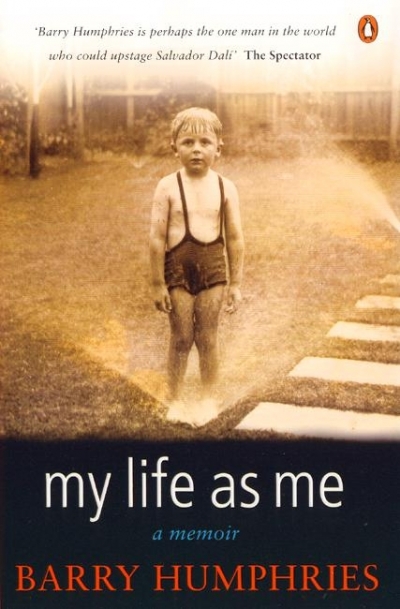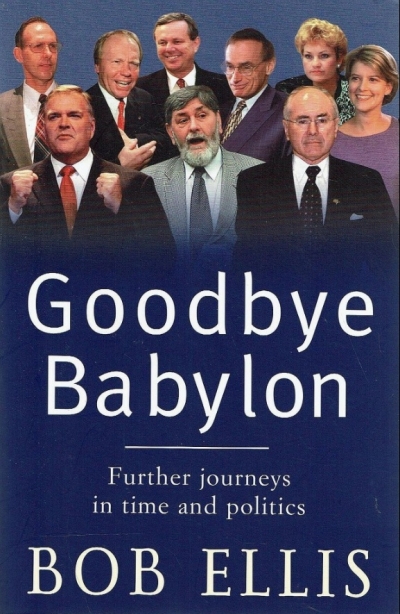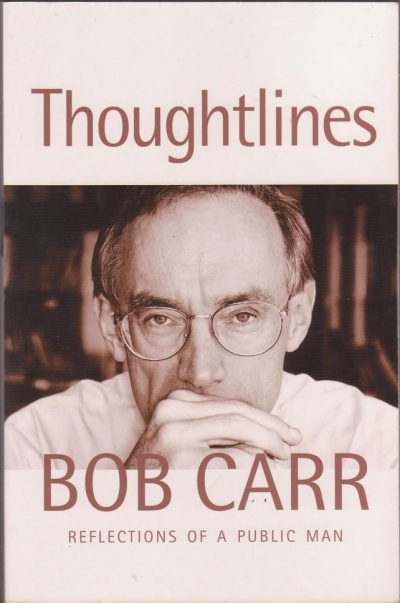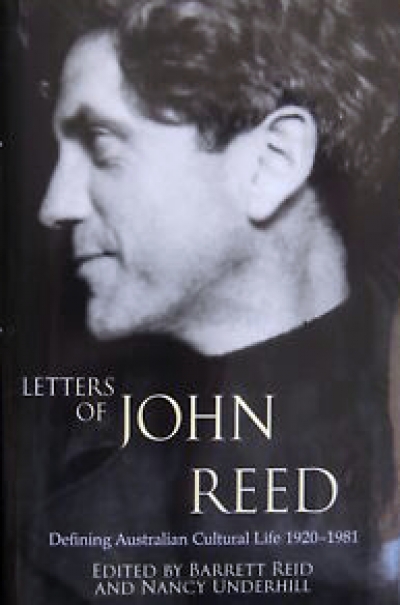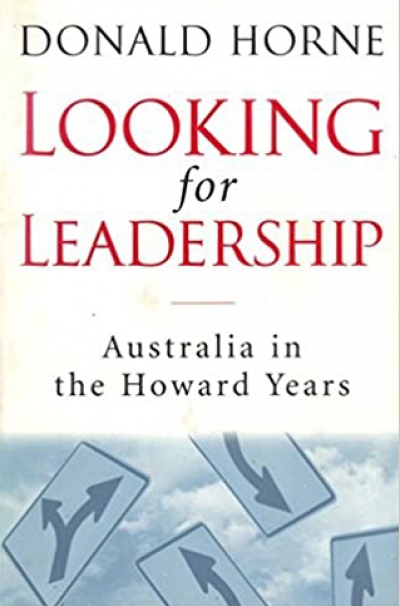Viking
Common Ground: Issues that should bind and not divide us by Malcolm Fraser
by Robert Manne •
The Penguin Book of Etiquette: The complete Australian guide to modern manners by Marion von Adlerstein
by Anna Goldsworthy •
Letters of John Reed: Defining Australian cultural life 1920–1981 edited by Barrett Reid and Nancy Underhill
by John Thompson •
Looking for Leadership: Australia in the Howard Years by Donald Horne
by Guy Rundle •

